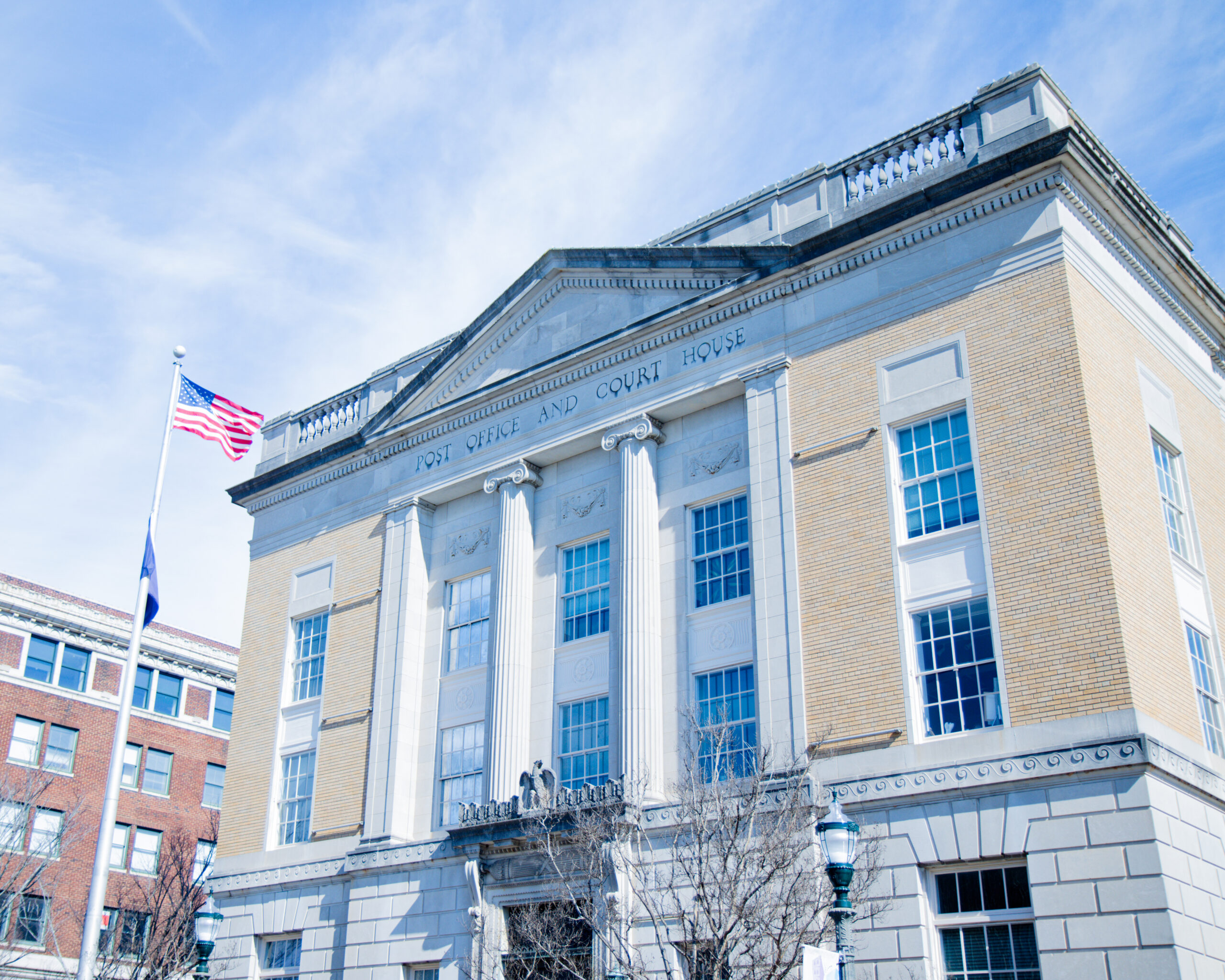Former U.S. President Donald Trump’s second impeachment trial began in the Senate last week on Feb. 9, leaving elected U.S Senators in charge of determining whether the former president is guilty of inciting the violent insurrection led by Trump supporters on the U.S Capitol that took place 14 days prior to him leaving office.
The trial kicked off with opening arguments on the constitutionality of the trial from both House impeachment managers and Trump defense attorneys. Lead House impeachment manager Rep. Jamie Raskin led the first remarks of the trial, alleging that the case against Trump’s impeachment is based solely in “cold, hard facts,” and called for constitutional justice against the former president despite his departure from office.
“President Trump has sent his lawyers here today to try to stop the Senate from hearing the facts of this case,” Raskin said to the Senate. “They want to call the trial over before any evidence is even introduced. Their argument is that if you commit an impeachable offense in your last few weeks in office, you do it with constitutional impunity. You get away with it. In other words, conduct that would be a high crime and misdemeanor in your first year as president and your second year as president and your third year as president and for the vast majority of your fourth year as president, you can suddenly do in your last few weeks in office without facing any constitutional accountability at all. This would create a brand new ‘January exception’ to the Constitution of the United States of America. A ‘January exception’.”
Opening statements from Trump’s defense team followed, with lawyer Bruce Castor arguing against the constitutionality of holding the trial.
“…I’ve seen quite a number of the complaints that were filed against the people who breached the Capitol, some of them charge conspiracy. Not a single one I noticed charged with conspiracy with the 45th President of the United States, probably because prosecutors have an ethical requirement that they are not allowed to charge people with criminal offenses without probable cause. You might consider that,” Castor said.
Following both sides’ arguments, Senators voted on whether the basis of attempting to impeach a former president was constitutional, which the Senate confirmed 56-44. Six Republicans crossed the partisan aisle to proceed with the trial alongside a unanimous Democratic front and two independents.
The next two days, Feb. 10-11, saw the prosectory arguments from the House impeachment managers against the former president, taking place over the course of almost 13 hours of in-session presentation.
The prosecution displayed a compilation of never-before-seen footage taken from Capitol security cameras showing the Jan. 6 Capitol riots from all angles, demonstrating scenes such as former vice president Mike Pence fleeing alongside Secret Service from agitated rioters calling for his death for refusing to aid in overturning the election, as well as various other Senators and staff members hiding and blockading doors.
Raskin and other House impeachment managers stated their belief that these events were the direct result of Trump’s inflammatory behavior and language for months prior to the riots, and specifically cited statements made by the former president during a speech to his followers hours before the attack.
“President Trump whipped the crowd into a frenzy, exhorting his followers, ‘If you don’t fight like hell, you’re not going to have a country anymore.’ And then he aimed straight at the Capitol, declaring, ‘You’ll never take back our country with weakness, you have to show strength and you have to be strong.’ He told them to fight like hell, and they brought us hell on that day,” Raskin said.
“In mid-December, President Trump announced the release of ads, including ones entitled, “The Evidence is overwhelming-FRAUD!’ and ‘STOP THE STEAL,’” Rep. and House impeachment manager Eric Swalwell said. “He spent $50 million from his legal defense fund on these ads to stop the steal and amplify his message. These ads were designed to run all the way up to Jan. 5, and then they stopped. This was purposeful and deliberate planning to target his base to rally around that day.”
The prosecutors also cited interviews, court documents and video footage of rioters who have cited that their actions were the result of wanting to act upon the former president’s wishes.
The prosecution rested their case Thursday afternoon. In his closing remarks, Rep. Raskin called upon Senators and Americans at large to “exercise common sense about what happened.”
“We’ve made our very best effort to set forth every single relevant fact that we know in the most objective and honest light. We trust, we hope, that the defense will understand the constitutional gravity and solemnity of this trial by focusing like a laser beam on the facts and not return to the constitutional argument that’s already been decided by the Senate,” said Raskin.
Day four saw Donald Trump’s lawyers present and conclude their impeachment defense over the span of a little under three hours. The defense accused the House managers’ arguments for Trump’s liability in the insurrection of being unfair attacks that took his words out of context, and argued that their client’s use of the word “fight” was a common phrase uttered by many politicians, including Democrats.
The defense layers also stated that the trial was illegitimate due to lack of due process for their client, arguing that the House didn’t thoroughly investigate the actual events of the Capitol riots to appropriately accuse Trump, and stated that many of the Senators called as witnesses operated under a “conflict of interest” that would prevent them from being unbiased, according to defense attorney Michael van der Veen.
Day five saw the closing arguments for the case and the conclusion of the trial. Republican and Democrats reached an agreement prior to the final day of the trial to avoid prolonging the proceedings with testimony from witnesses, according to an article published by the New York Times. Trump’s defense team denounced the deadly attacks on the Capitol and maintained that their client held no accountability to the events, whereas the prosecution argued for Trump’s conviction to set precedent that could prevent events such as the politically charged riots from “becoming the new normal,” House impeachment manager Joe Neguse said.
The vote was brought into motion late Saturday afternoon. A two-thirds majority, or 67 votes, would be required in order to formally convict the former president. The final vote was 57-43, acquitting Trump of involvement in the Capitol riots. Seven Republicans voted Trump guilty, ten short of the partisan opposition needed to convict him.
Senate Minority Leader and Kentucky Senator Mitch McConnell voted not to convict Donald Trump in the trial due to not believing him constitutionally eligible for conviction, but called the president “practically and morally responsible for provoking the events of the day.”
“No question about it… After intense reflection, I believe the best constitutional reading shows that Article 2 Section 4 exhausts the set of persons who can legitimately be impeached, tried, or convicted. It’s the president, it’s the vice president, and civil officers.”
“We have no power to convict a former office holder who is now a private citizen,” McConnel said.
“He didn’t get away with anything, yet…we have a criminal justice system in this country. We have civil litigation, and former presidents are not immune from being accountable by either one.”




